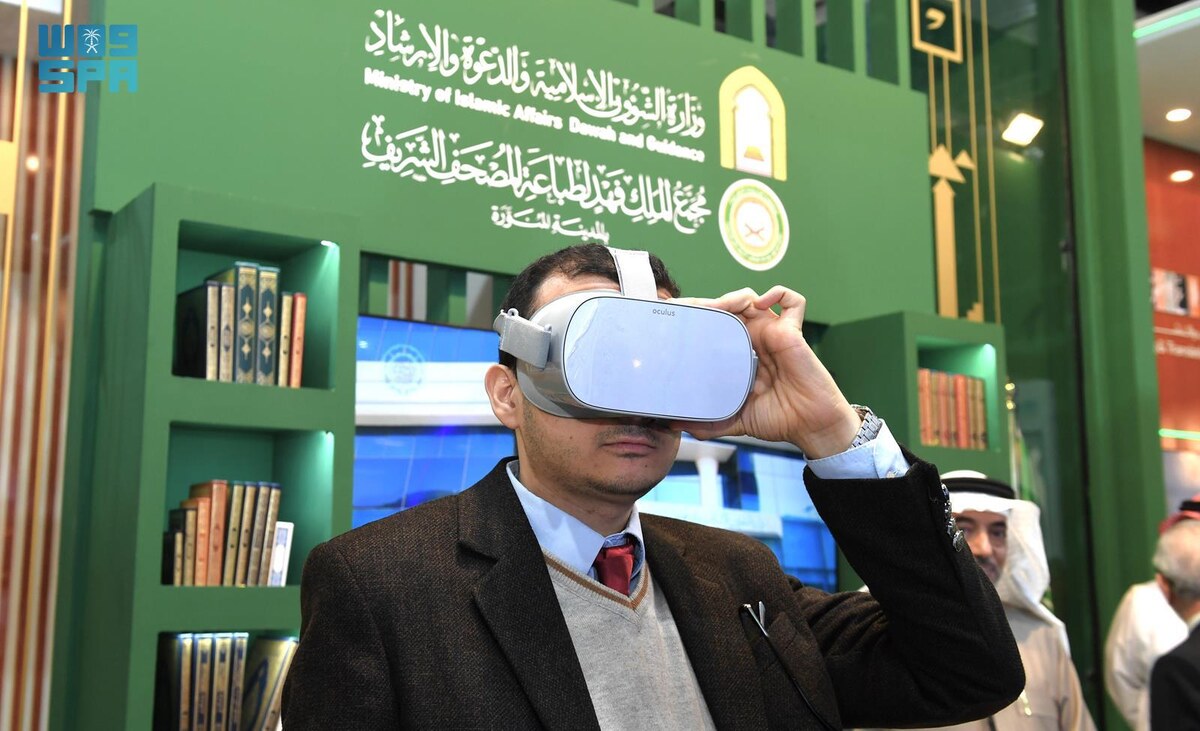JEDDAH: A restaurant in Jeddah is serving up not only delectable Saudi dishes, but also a peek into royal history and heritage through personal effects of the Kingdom’s beloved royals.
They are part of Umm Mohammed’s collection of rare items acquired over the last 20 years out of her love for her country and her passion for national and cultural heritage.

The royal artifacts at Faseelah are part of Umm Mohammed’s collection acquired over the last 20 years out of her love for her country and her passion for national heritage. (AN photo by Saleh Fareed)
Among the treasured items at Faseelah Restaurant, which is located in the Al-Rawdah district, is a travel bag that belonged to King Salman; King Abdullah’s shoes; King Faisal’s office clock; a portrait of King Faisal drawn by Prince Khalid Al-Faisal; King Abdullah’s sunglasses; Prince Naif’s stuffed falcons; and other notable items such as silver incense burners and coffee pots.
Umm Mohammed told Arab News: “The memorabilia displayed at the restaurant holds a special connection … and allows visitors a glimpse into history.
It is necessary that we, as old members of society, introduce today’s new generation to the heritage and the culture that has helped build this great country.
Umm Mohammed, Faseelah museum founder
“My deep love for our leaders is what prompted me to search for their possessions and display them so that people can see them, specifically the present generations so that they know the greatness of our history and our heritage that the kings have not abandoned.”
She added that the artifacts in her collection were sourced in a number of ways, including from private collectors, charity associations, international auctions, royal palaces, and donations from the relatives of kings and emirs.

Faseelah Restaurant and Museum is not just limited to royal heritage, but also showcases pieces from around the world, including historic artifacts from the Ottoman era, Europe and the imperial palaces of China. (Supplied)
And she is continuing her search for more items to expand the collection.
She said: “I truly love our leaders and I’m proud to display their memorabilia.
“Our leaders have done great things for their country and people. Now, with Saudi Vision 2030, we are achieving our ambitious plan.”

The royal artifacts at Faseelah are part of Umm Mohammed’s collection acquired over the last 20 years out of her love for her country and her passion for national heritage. (AN photo by Saleh Fareed)
Umm Mohammed said she believes in not only preserving but sharing the country’s rich culture and heritage, adding that it is “a powerful force” and that the most important part of it is “making the new generations aware of it.”
Umm Mohammed’s husband Maj. Gen. Abdulhafiz Al-Rahily is also involved in collecting and has helped in the quest to present items for the public to see.
Umm Mohammed added that she has been inspired by the need to preserve Saudi history as the Kingdom’s vast heritage “has not been given its due.”

Faseelah Restaurant and Museum is not just limited to royal heritage, but also showcases pieces from around the world, including historic artifacts from the Ottoman era, Europe and the imperial palaces of China. (AN photo by Saleh Fareed)
She said: “Heritage is a combination of all things that we inherit from our ancestors and it forms the groundwork on which we build our entire lives.
“It is necessary that we, as old members of society, introduce today’s new generation to the heritage and the culture that has helped build this great country.”
She added that this heritage is preserved in the “memories and objects connected to the national narrative, each belonging to specific individuals that have had an impact on the story of the nation.”

The restaurant serves traditional Saudi food, deepening the cultural experience for its patrons. (Supplied)
Faseelah Restaurant and Museum is not just limited to royal heritage, but also showcases pieces from around the world, including historic artifacts from the Ottoman era, Europe and the imperial palaces of China.
Her son, Mohammed Al-Rahily, said that some of the items were sourced directly from their owners and relatives, adding: “King Abdullah’s possessions were given to my mother by one of the king’s sons.”
He explained that Faseelah was originally launched as a museum called Al-Mahra Heritage Museum, and was transformed into a restaurant last year.
The restaurant serves traditional Saudi food, deepening the cultural experience for its patrons.
Hilal Al-Ahmadi, the supervisor of the restaurant, said that the site contains more than 300 items, and added: “This restaurant provides a real opportunity for foreign customers and the new generation to see authentic Saudi heritage.”































